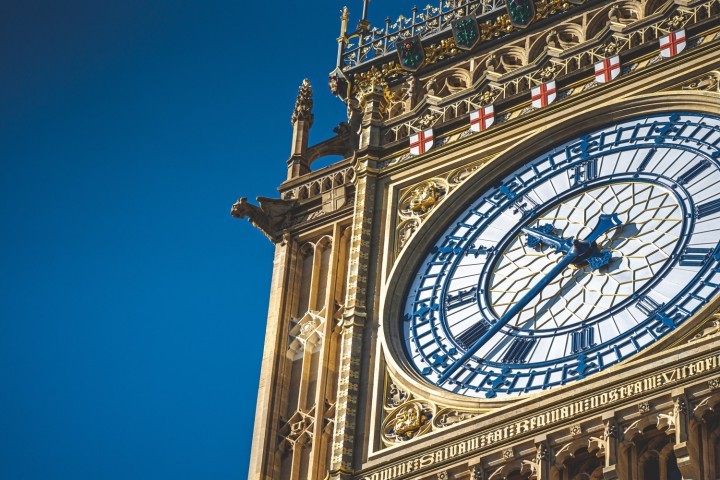Chancellor Jeremy Hunt lifted the VAT threshold for small businesses in his Budget statement this afternoon.
He announced that it would be increased from £85,000 to £90,000 from the beginning of April. It will be the first increase in seven years and the chancellor said the move would lift tens of thousands of businesses out of paying VAT.
The Federation of Small Businesses (FSB) had called for the threshold to be raised to £100,000, describing the current £85,000 figure as “a straightjacket to firms eager to expand.”
As widely forecast, National Insurance for employees will be cut by a further 2p from 10 per cent to eight per cent. Mr Hunt said that would be worth around £450 a year for someone on an average salary.
The rate of National Insurance for self-employed people will also be cut from eight per cent to six per cent. Mr Hunt said that was worth £350 a year.
Mr Hunt told the Commons that, combined with changes announced in the autumn statement, 27 million people would be £900 a year better off. He described the moves as “rewarding work.”
In a raft of further measures, in what he called “a Budget for long-term growth”, the chancellor also announced an extension to the freeze on alcohol duty to February 2025, saying the government was backing “the great British pub”.
Fuel duty will remain at its current rate and be frozen for the next 12 months. The chancellor has also extended a “temporary” 5p cut on fuel duty, which was set to end this month.
In the autumn statement Mr Hunt announced full expensing. Today he said the government would apply this to leased assets. This change will come in “as soon as it’s affordable”.
There will also be £200m to extend the recovery loan scheme, another move Mr Hunt said would help small businesses.
In other measures, a new excise duty will be introduced on vaping products from October 2026 and there will be a new higher rate of property capital gains tax – reducing it from 28 per cent to 24 per cent.
‘Non-dom’ tax status will be abolished and replaced with a residency-based system.
In his statement Mr Hunt also revealed the OBR expects inflation to fall below the two per cent target in just a few months – a year earlier than forecast in the autumn statement.
Enjoyed this? Read more from Ged Henderson























